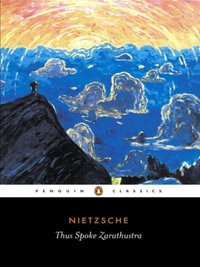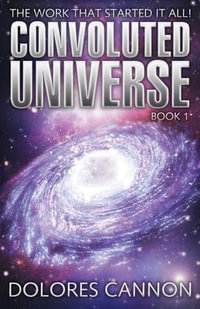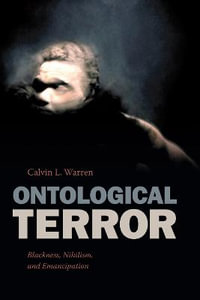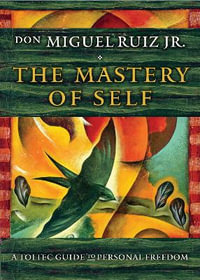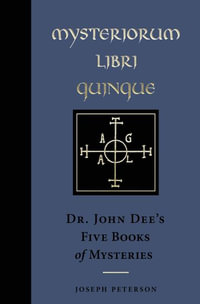Beneath metaphysical problems there often lies a conflict between what we want to be true and what we believe to be true. Nathan provides a general account of the resolution of this conflict as a philosophical objective, showing that there are ways of thinking it through systematically with a view to resolving or alleviating it. The author also studies in detail a set of interrelated conflicts about the freedom and the reality of the will. He shows how difficult it is to find a freedom either of decision or of action which is both an object of reflective desire and an object of rational belief. He also examines conflicts about volition as such, contending that the veridicality of volitional experience is no less easy to doubt than the veridicality of our experience of colors. In this context, arguments emerge for a voluntarist theory of the self. Nathan's important book will be essential reading for all philosophers interested in free will, volition, the self, and the
methodology of metaphysics.
Industry Reviews
`Nathan has written an intriguing, and very readable book.'
Jennifer Hornsby, The Philosophical Review, Vol. 103, No.1 (Jan 1994).
`this ambitious and densely argued book.'
Robert Kane, 1994.
`I think Nathan has given us an interesting and provocative view of the metaphysical enterprise that rings true in many ways and deserves to be widely discussed by philosophers.'
Robert Kane, 1994.
`this is a book well-worth reading, especially for its account of metaphysical enquiry in terms of want-belief conflicts and self-critical world views, which is I think, an original and significant contribution to current debates about metaphysics, and about the nature of philosophy generally.'
Robert Kane, 1994.
`Nathan's bold and imaginative book is full of interesting philosophy rigorously worked out. Those concerned about the freedom and reality of the will or about philosophical methodology can surely profit from studying it.'
Raymond Martin, Mind, Vol. 102, 407. July 1993
`On the question of free will, what's most novel and also most valuable in Nathan's account is not his final conculsions, which tend to be unsurprising, but the details along the way, particuarly his many refind distinctions and the relatively comprehensive explanations he provides of how these bear on central issues in the literature.'
Raymond Martin, Mind, Vol. 102, 407. July 1993
`This meticulous, erudite ... examination of metaphysics and free will from an interesting direction makes an impressive book.'
Ethics, 4/93
`This is a suggestive work, well worth reading'
Times Higher Education Supplement
`a book well-worth reading, especially for its account of metaphysical enquiry, which is an original and significant contribution to current debates about metaphysics, and about the nature of philosophy generally.'
Philosophica
'Nathan's account is distinctive in that it is unusually clear ... Nathan's bold imaginative book is full of interesting philosophy rigorously worked out. Those concerned about the freedom and reality of the will or about philosophical methodology can surely profit from studying it.'
Raymond Martin, Mind, Vol. 102, No. 408, Oct '93
'The most impressive part of the book ... is Nathan's discussion of volition, which is provocative and metaphysically adventurous ... There is a superb discussion of secondary qualities, Nathan defending what he calls noumenalism about colours.'
Sebastian Gardner, Birkbeck College, University of London, The Philosophical Quarterly, 1994
'Nathan's bold and imaginative book is full of interesting philosophy rigorously worked out. Those concerned about the freedom and reality of the will or about philosophical methodology can surely profit from studying it.'
Raymond Martin, University of Maryland, The Philosophical Quarterly, 1994







